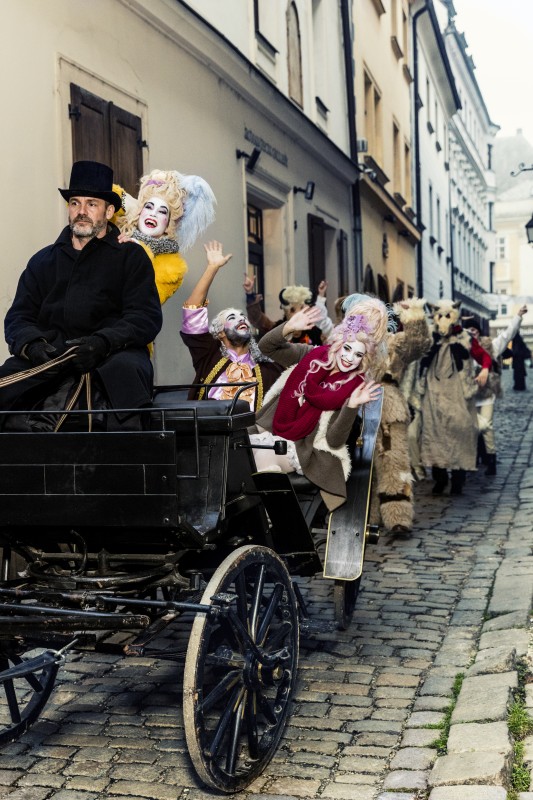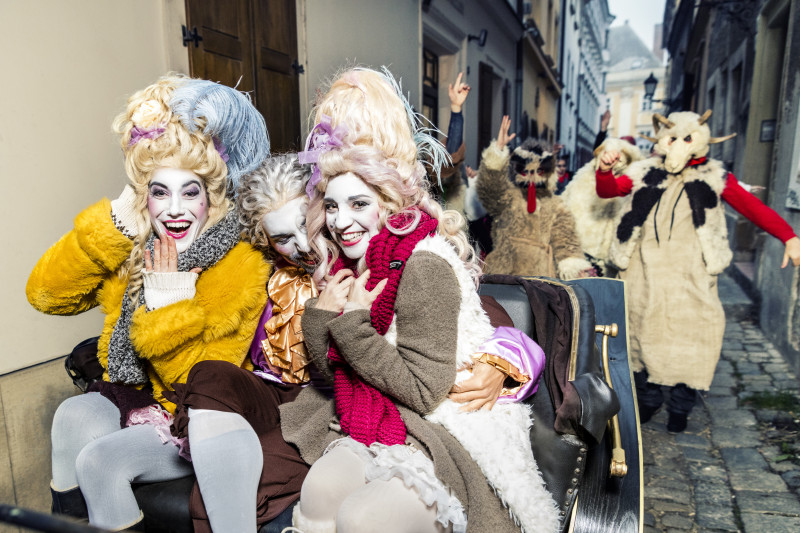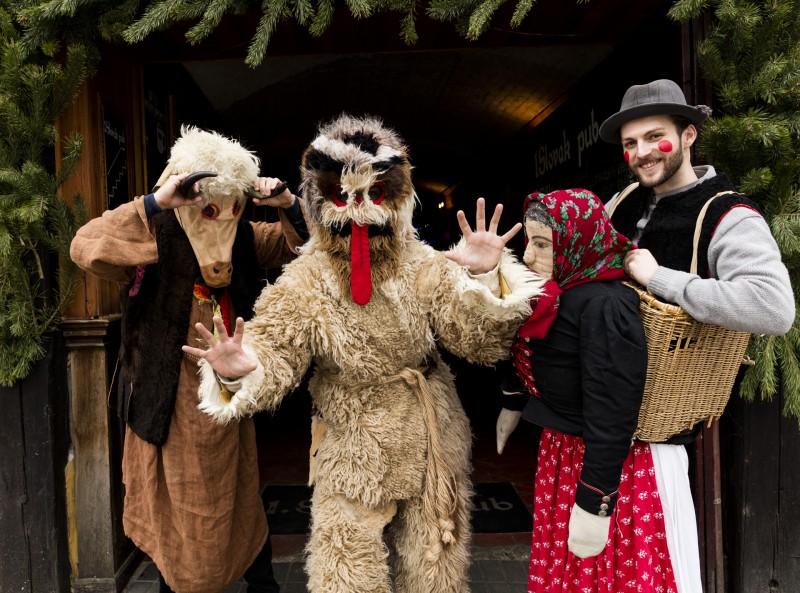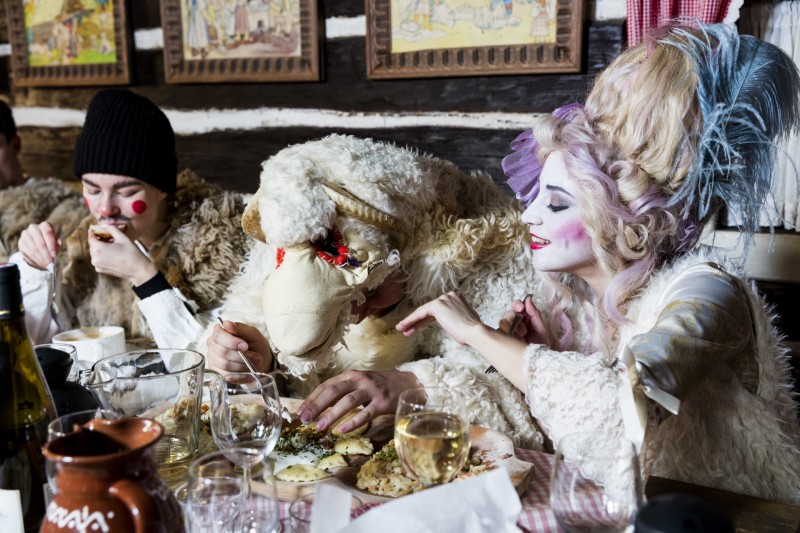Carnival, or Fašiangy, symbolises time of merriment and feasts
CARNIVAL, called Fašiangy in Slovakia, is the time between Epiphany (January 6) and the movable Tuesday before the Ash Wednesday. This year, the end fell on February 9.
The word Fašiangy comes from the old Germanic word ‘vast-schanc’, meaning “Ausschank des Fastentrunks”, or pouring of the fasting drink. Pouring the fasting drink symbolized the beginning of the 40 days of fasting during Lent, the time preceding Easter. This fasting was very strictly observed in the past, and so the last days of Fašiangy – in some places called “ostatky” (the remaining, last days), were a time of exuberant entertainment. From the era of Great Morava (9th-10th century), it was also called “mjasopust”, meaning letting go of a lot of meat.
Read whole article on Slovak Spectator.




Learn more about Spring Carnival.